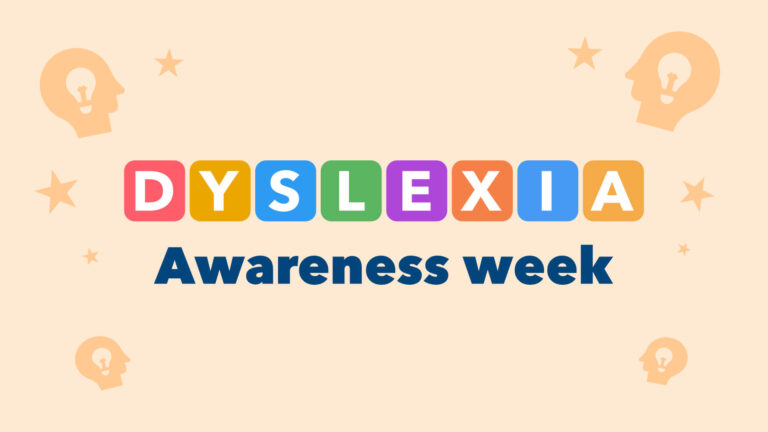
Neurodiversity and Workplace Inclusion
Considering the increasing interest in neurodiversity, Dyslexia Awareness Week should certainly be marked out in your annual calendar….
Read More 》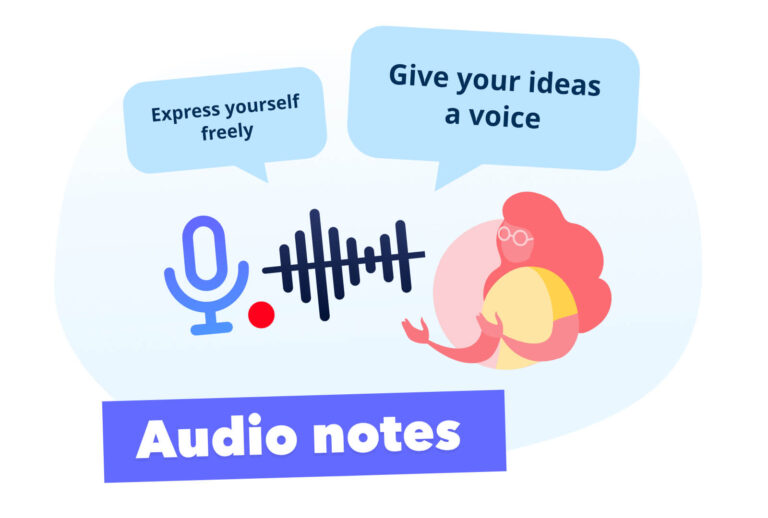
Neurodiversity and Workplace Inclusion New Update
How are people really engaged? It’s definitely not through plain black & white texts, instead it so often…
Read More 》
Neurodiversity and Workplace Inclusion
The term neurodiversity has been growing exponentially over the last year or so. For good reason. More people…
Read More 》
Mind Mapping Neurodiversity and Workplace Inclusion
Ideas without action are like expensive cars without any fuel… pretty, but not helpful in getting you where…
Read More 》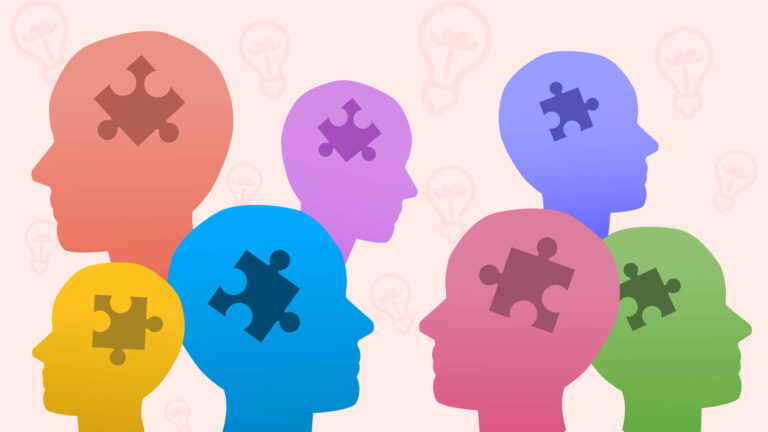
Mind Mapping Neurodiversity and Workplace Inclusion
It’s no secret that our differences are what make us special. Whether it’s your personal style, talents, or…
Read More 》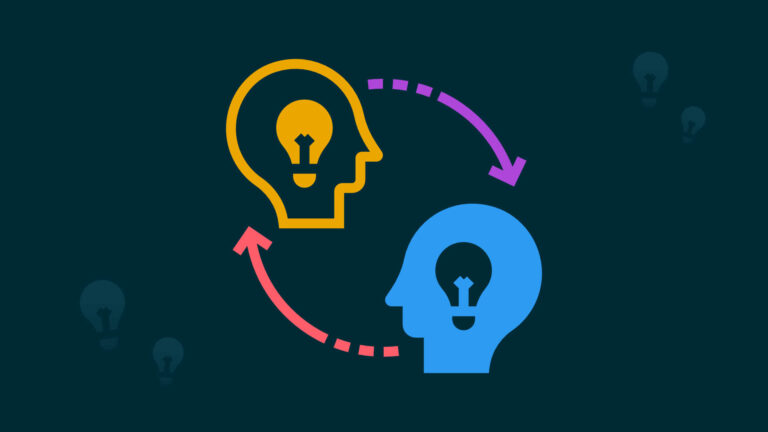
Mind Mapping Neurodiversity and Workplace Inclusion
For too long, neurodivergent individuals were misunderstood and underrepresented in the media. Once upon a time (and sadly, still on occasion today) neurological differences were wrongly interpreted as something which limited an individual. Of course, we now know that is far from the truth.
Read More 》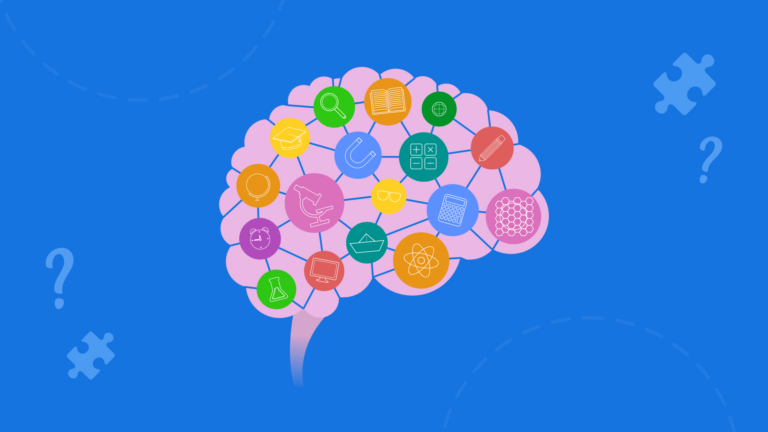
Neurodiversity and Workplace Inclusion
Charles Kettering once said: “Knowing is not understanding… you can know a lot about something and not really understand it.” This is an important distinction when it comes to neurodiversity because knowing about neurodivergence is not enough, it needs to be truly understood in order for there to be real representation, empathy and inclusion in the workplace.
Read More 》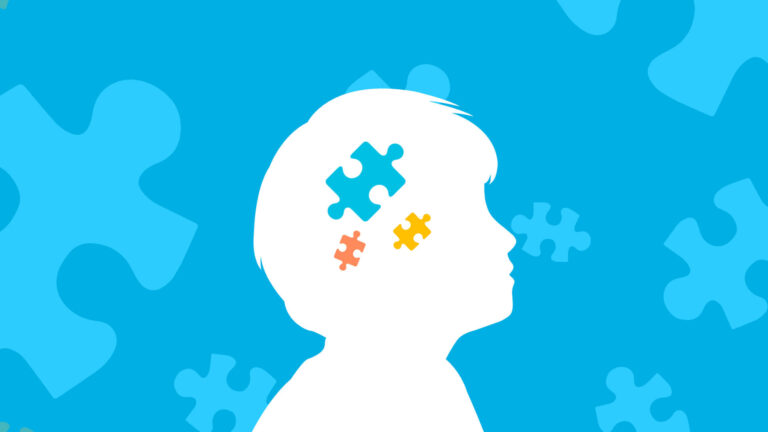
Education and Learning Neurodiversity and Workplace Inclusion
Education makes up the foundation of modern society. From our earliest years right through to secondary school, sixth form and – if chosen – higher education, learning is a continual and ongoing process. It is our education which enables us to act as informed moral citizens who are curious about the world around us and eager to grow and succeed in the future.
Read More 》
Neurodiversity and Workplace Inclusion
In matters of workplace diversity and innovation, neuro-inclusivity is often overlooked or forgotten. For those not familiar with the term, neuro-inclusivity refers to a workplace where employees with a range of neurological differences are accepted and integrated into daily working life.
Read More 》
Neurodiversity and Workplace Inclusion
Work teams are at their best when everyone feels comfortable. Making your workplace more inclusive is a great and important way of empowering your employees so that everyone feels comfortable and able to work at their best.
Read More 》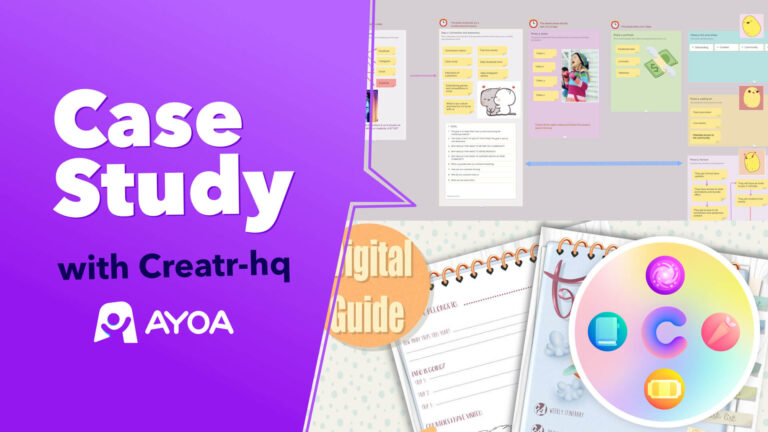
Case Studies Neurodiversity and Workplace Inclusion
Creativity is often perceived as an elusive property, having to be “summoned” or being deemed impossible to “conjure”…
Read More 》
Neurodiversity and Workplace Inclusion
ADHD (Attention-Deficit / Hyperactivity Disorder) is a neurological difference which is frequently misunderstood. People even use the term, incorrectly, as shorthand for wild or disruptive behavior. The language we use matters, and this flippant misapplication of ADHD can lead to damaging and inaccurate stereotypes.
Read More 》